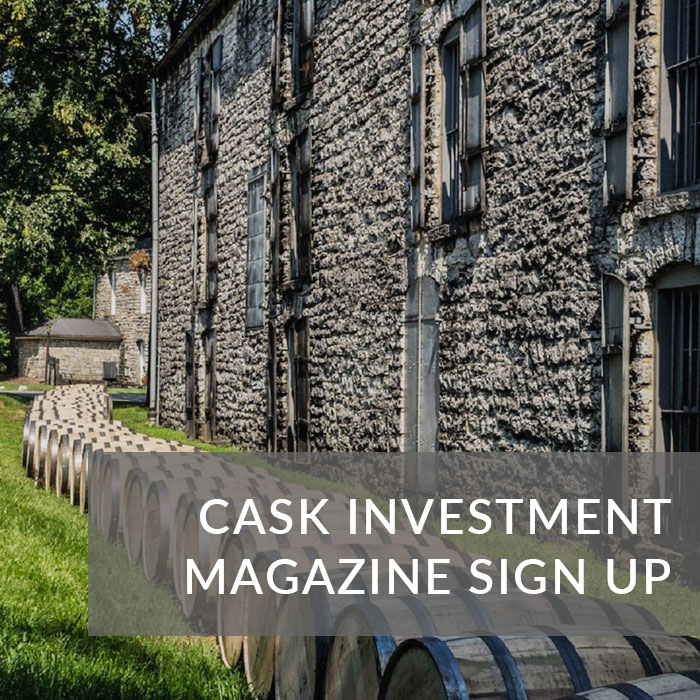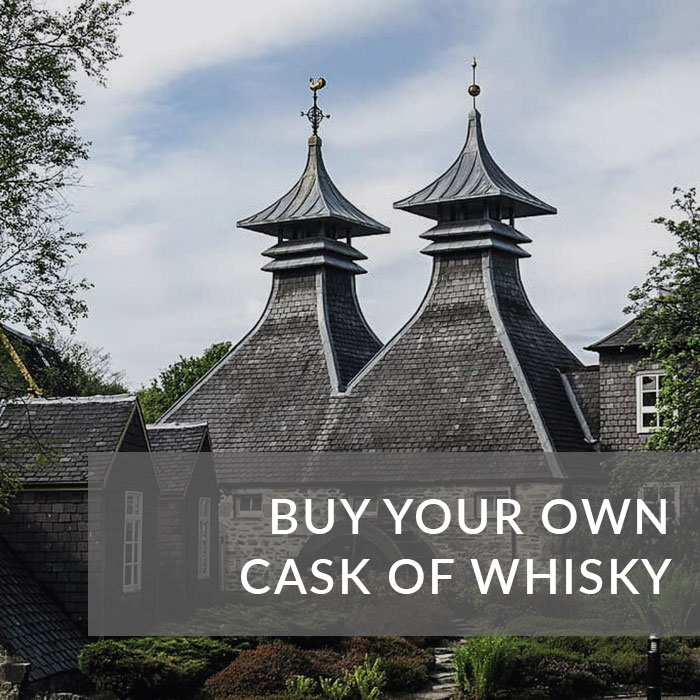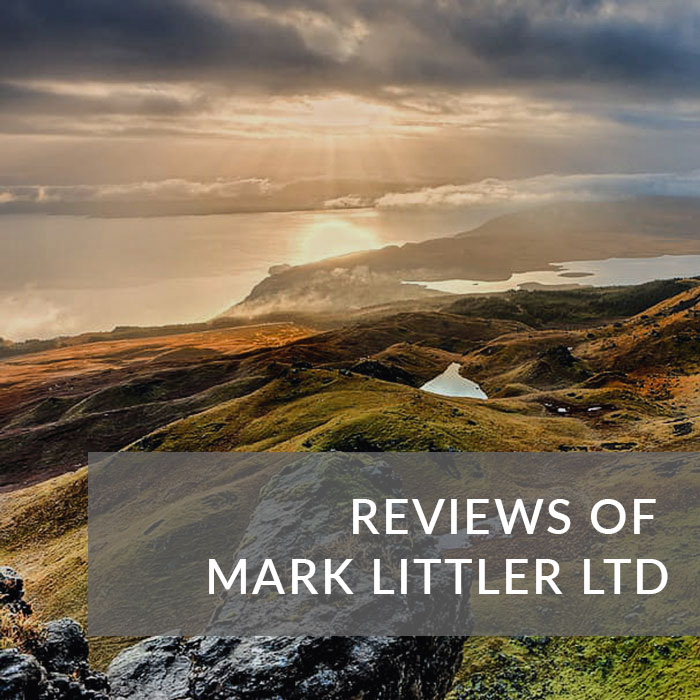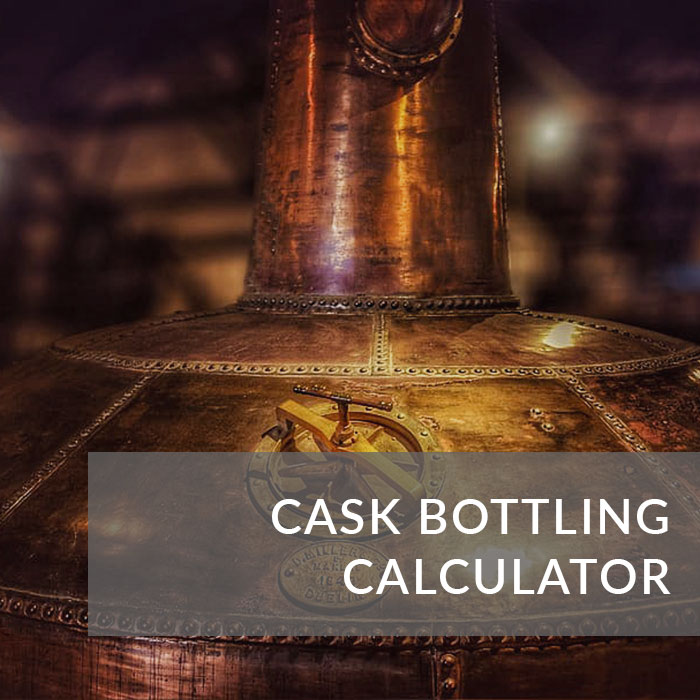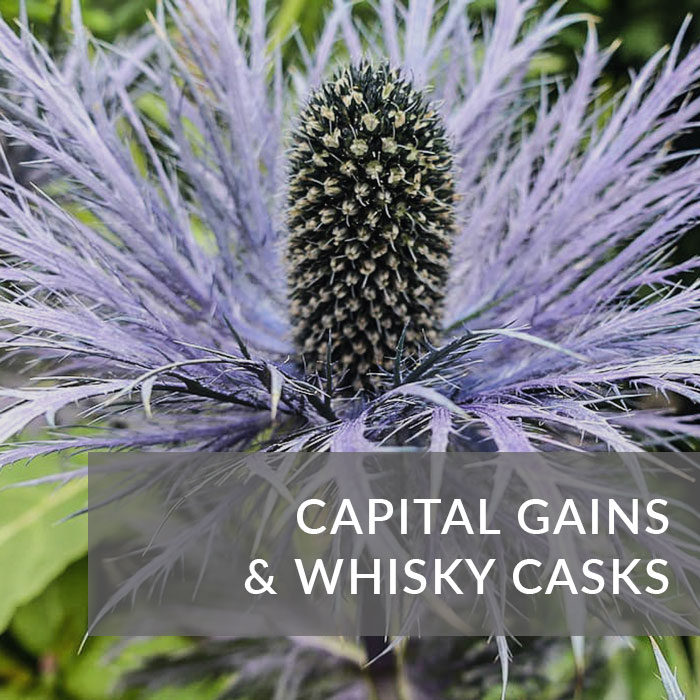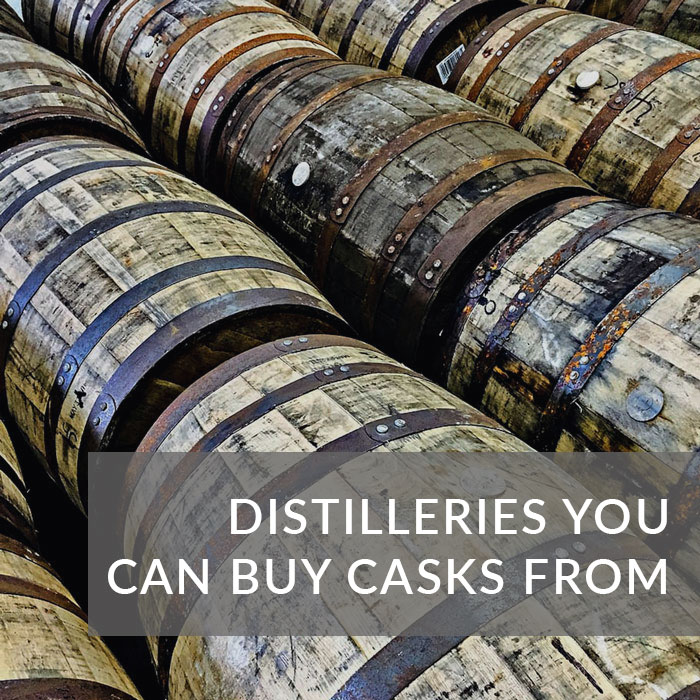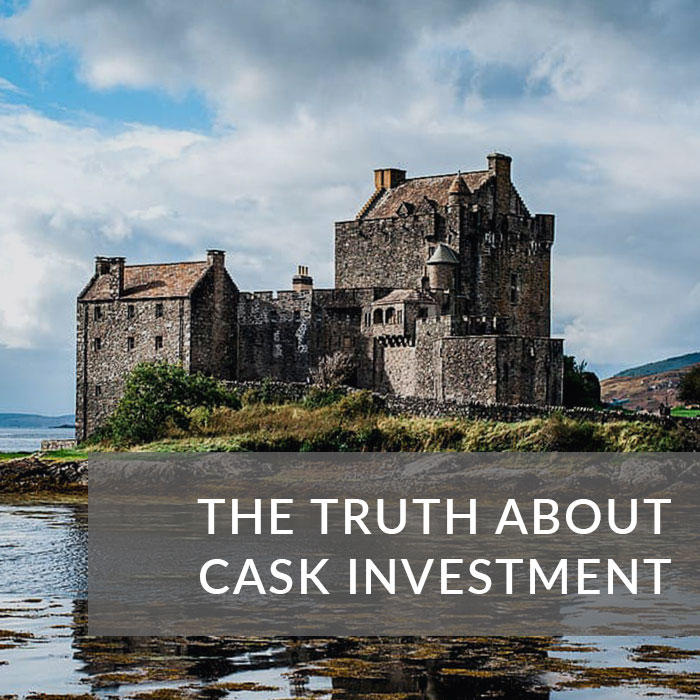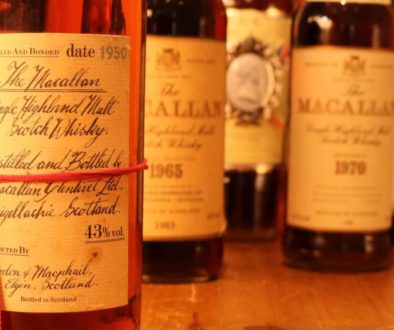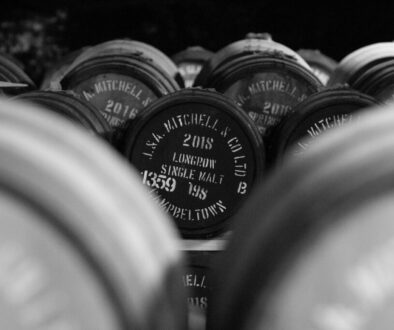One of the most common questions we get asked by people looking to buy a cask of whisky is whether they need insurance.
The short answer is probably not for young casks and possibly for older casks, but ultimately it is down to your relationship with risk. To give this answer context we will go into a bit of background of casks and the warehouses where they are stored.
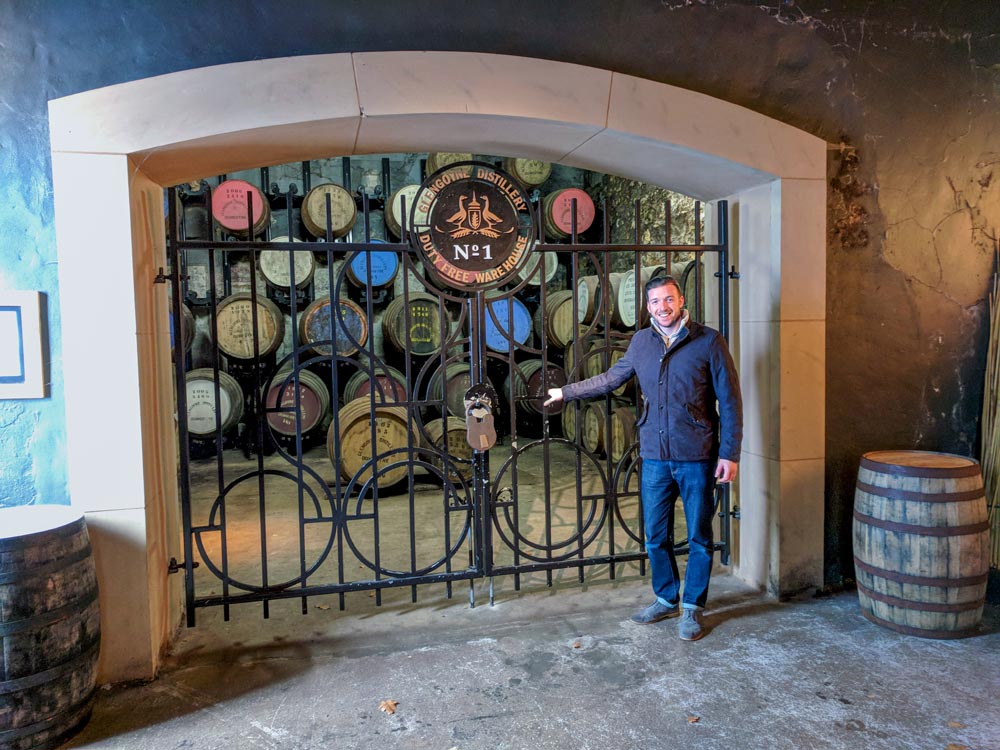
Where are casks stored?
Understanding how and where casks are stored is key to understanding the need—or otherwise—for insurance. Casks are stored in HMRC bonded warehouses, which means that there has been no Duty or VAT paid on the casks, both of which become payable when the cask is taken out of the warehouse.
A small 2,000 cask bonded warehouse owes HMRC approximately £8,000,000 of duty and VAT.
This vast sum owing in tax makes it unsurprising that HMRC are very particular about the conditions of any bonded warehouse and have very strict criteria before they will assign bonded status.
HMRC do not care about your whisky individually, but they do care about the tax that will be owed collectively on that whisky once that cask eventually goes to be bottled (maybe not by you, but all casks are eventually bottled). That means that they don’t want the item the taxes are owed on to be stolen, set on fire, lost or destroyed by building collapse.
As such, the force majeure events that you can insure against are also the exact same events that HMRC are very particular about making sure that any bonded warehouse guards against.
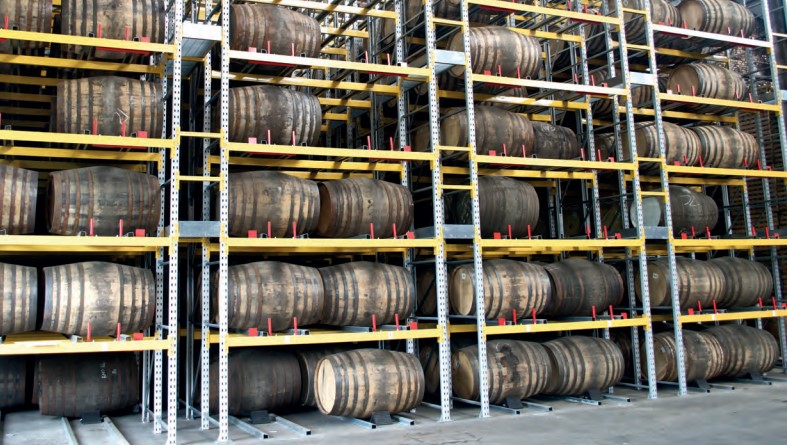
How much does a cask weigh?
The second thing to think about when considering whether to insure a cask is the physical properties of that cask and how they relate to the strict health and safety rules that employers must adhere to.
An average hogshead weighs quarter of a tonne while a standard whisky butt weighs about half a tonne. These are significant weights and as a result there are extremely stringent health and safety regulations about the storage and handling of casks in a warehouse.
The second physical property to consider from a health and safety perspective is that casks are essentially large bombs; they are full of highly flammable liquid that is also soaked into the flammable wooden vessel itself. All workplaces must guard against fire, but one that stores highly flammable goods must adhere to additional regulations to maintain a safe working environment for their employees.
The general health and safety measures necessary for working with and handling casks are in place to protect employees rather than your cask, but the outcome is the same; the risk to your cask from damage or fire is maintained extremely low.
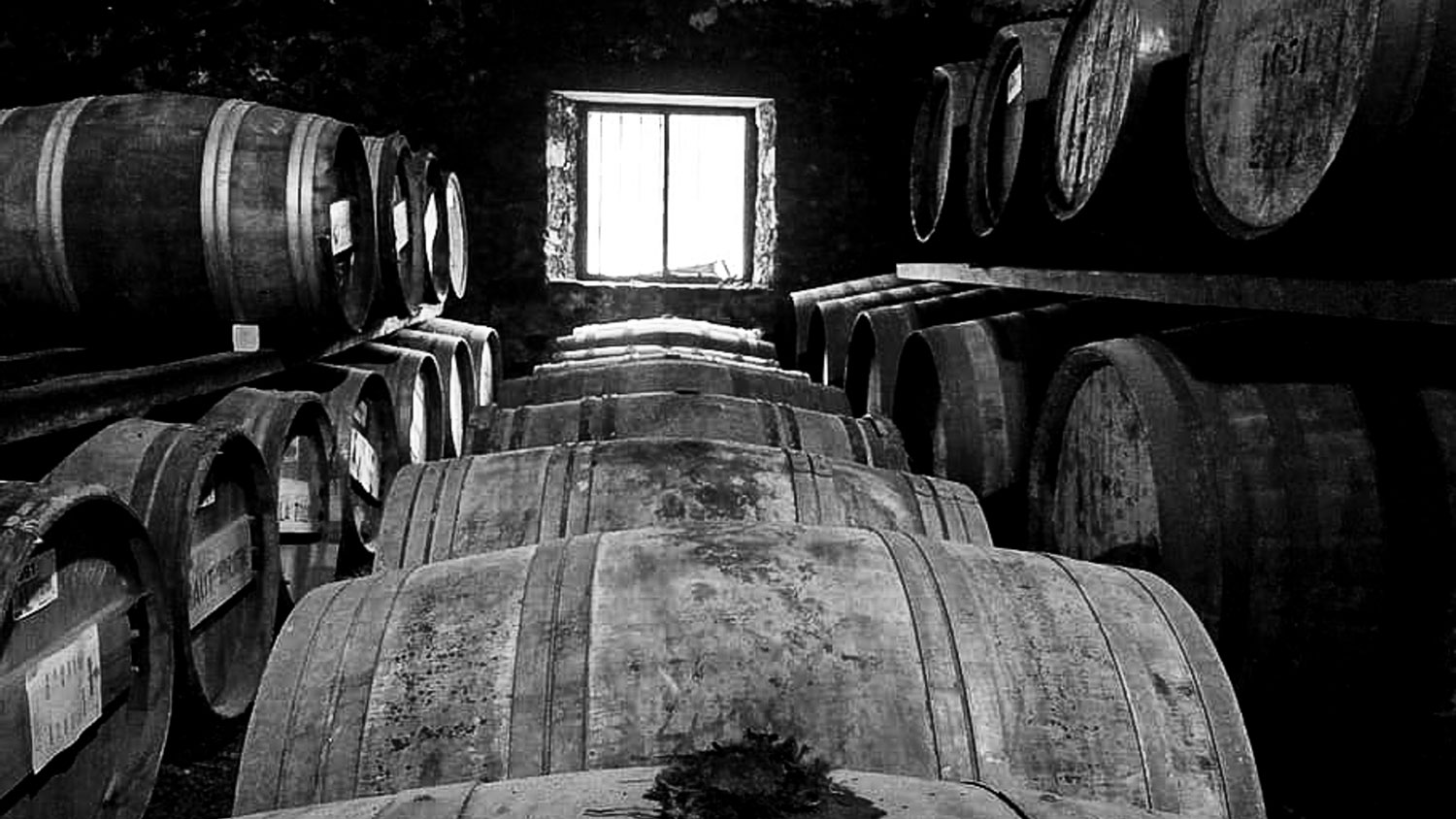
So do you need to insure you cask in the warehouse?
In our opinion insuring a cask of whisky is a bit like insuring money in a bank; the casks are in a secure building that is purposefully designed to store and protect casks and which has been approved by HMRC as being safe for their taxes.
For young casks especially, we find that insurance is unnecessary because of the balance of cost of insurance versus the value of young casks. However it is your prerogative to respond to your own feelings toward risk.
If you want to insure against the current market value then you have to go through an insurance broker called Howden, who offer a blanket insurance policy of £100,000 of cover for a minimum premium of around £351 per year.
As you can see this premium is disproportionally high for a younger cask of £3,000-£7,000, adding another facet to why we believe insurance is not necessary for younger casks.
As a cask gets older and more valuable the premium becomes more proportional against the value of your cask and as such it can become prudent to insure.
That being said, all the above is still true in terms of how your cask is protected in the warehouse, and as such it comes back to your relationship with risk.
It is important to note that no policy we are aware of will cover loss due to evaporation. This loss is classed as an inherent vice and is part of the lifetime of a whisky cask. In fact it is part of what makes it a prudent investment as casks are classed as a wasting asset and as such are not subject to Capital Gains Tax (do get professional advice on your local tax rules as this is not the case everywhere).
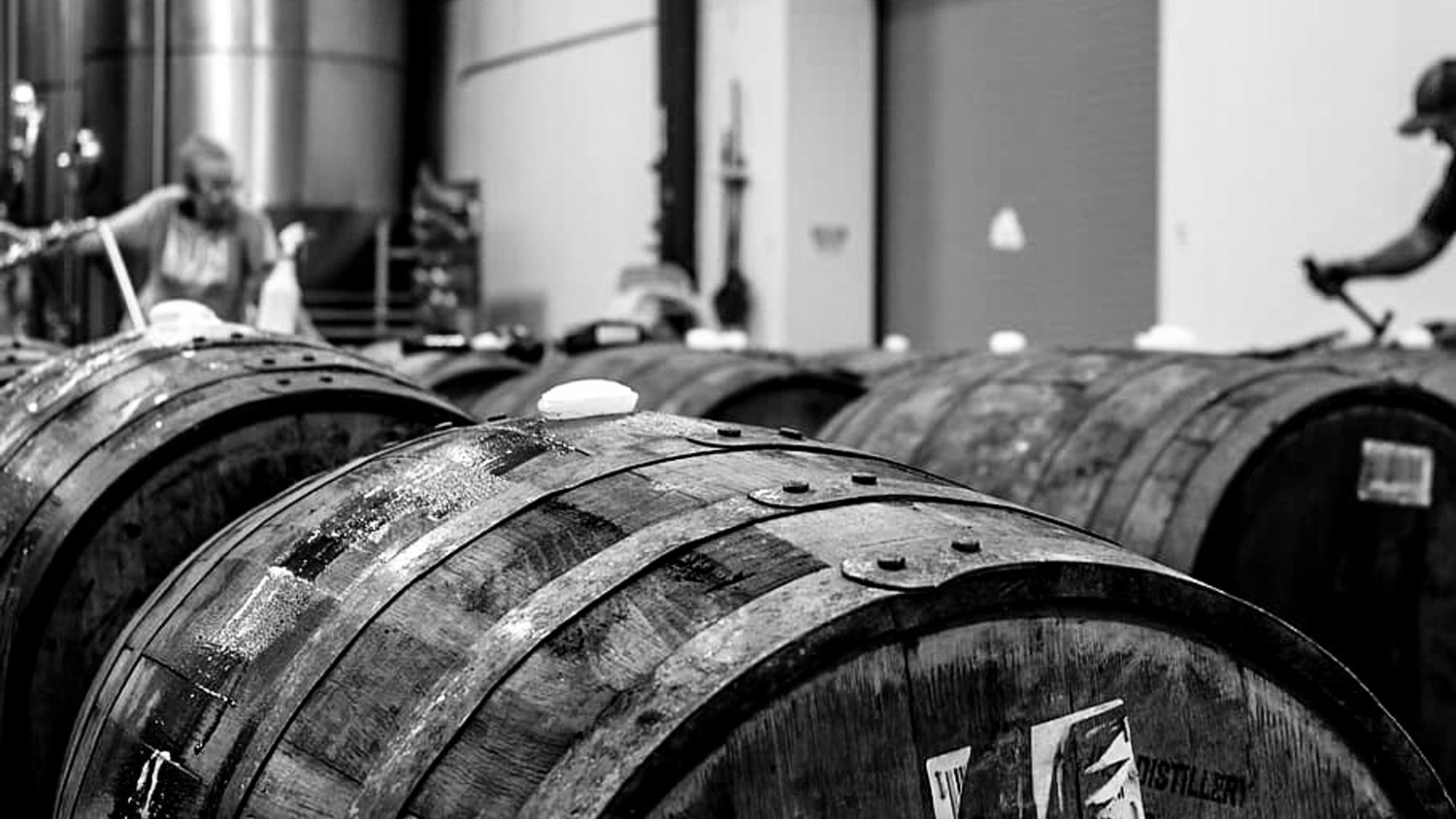
When to beware of cask insurance
We discuss this in more detail on our blog on the importance of Delivery Orders, but if you are looking to buy a cask from someone who offers you insurance as part of the sale price of the cask then this can be an indication that the cask isn’t being transferred into your name at the warehouse level.
It is relatively cheap to insure more casks to a higher value on one policy because most of the initial £351 is the minimum premium; adding £1,000,000+ worth of cover to the same policy is not ten times more expensive than the first £100,000. But only casks held under the same name can be insured on one policy.
If a company were to take out a new policy for each cask then it would be £351 per customer per year, or £3,510 per customer for ten years. It is easy to see that this does not seem to make any business sense, especially for new make and young casks of whisky. We can therefore infer that any company offering ten years insurance included in the purchase price are either adding that to the cask price (unlikely for casks under £7,000) or likely to be adding the cask to the company’s existing policy.
That in turn means that casks sold with insurance included are more likely to to still belong to the company at the warehouse level. Head to our blog on Delivery Orders if you want to know more about why that can be an issue.
We hope you found this article interesting and if you have any further questions or would like to discuss insurance or anything to do with cask ownership then do get in touch.


